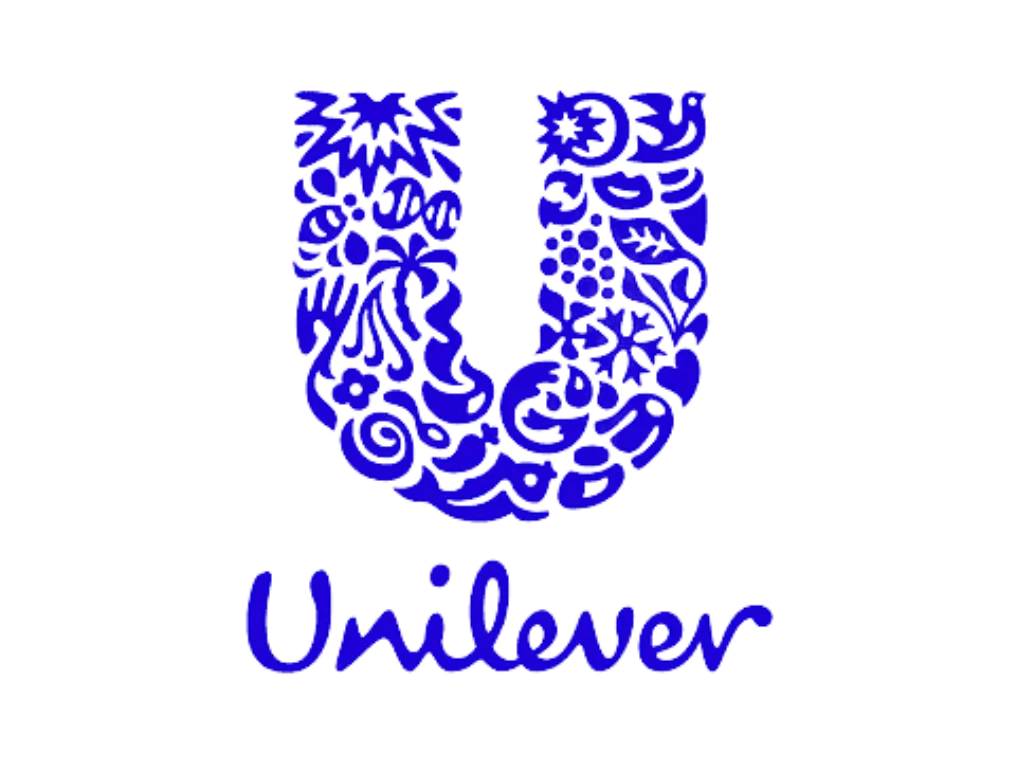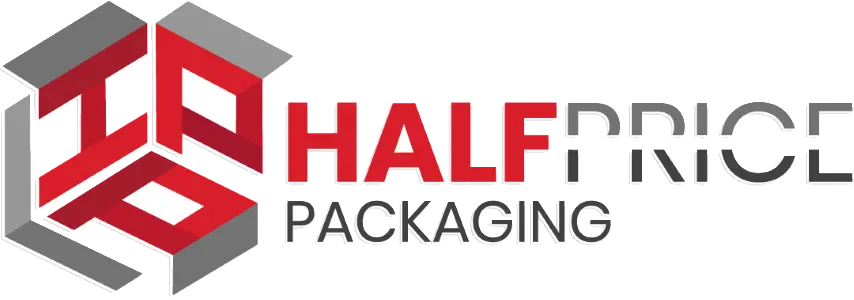Blogs
What Is Research Project Management?
09 - July - 2025
Research nowadays is not an isolated activity done in a
laboratory or library, but the world of academics and business is a fast-paced
world of the 21st century. It involves a well-devised, purposeful procedure
with special consideration of prior planning, cooperation between teams,
calculation of budgets, reduction of risks, and ethical requirements. That is
where research project management is involved.
Have you ever thought of what makes a research project stay
on track, on a budget and within the desired limits? Then you thought of the
correct answer, which is effective research project management. In this
amicable guide, in which all important aspects are touched upon, step by step,
we will break down the process of planning and tools and will speak of the real
difficulties in life.
What is Research Project Management?
Research project management (RPM) refers to the use of
project management for research-based actions. It includes establishing study
objectives, establishing schedules, resource allocation, status monitoring,
data management and delivery achievement successfully and ethically.
More succinctly, it is simply a matter of keeping your research project clear, streamlined and purposeful, whether you are conducting scientific experiments, social research or commercial product development.
Why It Matters in Academia and Industry
Research project management is of importance regardless of
whether you are pursuing a PhD thesis, grant-funded academic research, or
performing research and development of a new product in a technology-based
company. Here's why:
Avoids delays and budget overruns: The regular plans
and schedules assist in avoiding the costly postponements.
Enhances teamwork: Communication plans and
documentation that are shared will make teamwork less confusing.
Improves data quality and compliance: The ethical
approval and data integrity, and audit trails can be enhanced easily.
Brings accountability and transparency: The progress
and the consequences of the project are easily monitored by the stakeholders.
In the case of universities, RPM assists in the management
of interdisciplinary research with several grants and collaborators. In industry,
it helps to match the results of the research with the objectives of the
products and businesses.
Important Factors of Research Project Management
Objective and Scope Defining
The first step in the process of every good project is
understanding. Determine what you are trying to find out, what questions you
want to answer via the research, and the scope, what is considered and what is
not. An evident scope prohibits scope creep and helps the project to remain
grounded within the main targets.
Funding and Budgeting Issues
Identify your costs: salary expenses of the staff, research
assistants, laboratory supplies, software fees, motivational fund of
participants, and publication expenses. As early as possible during the
planning stage, submit proposals and obtain internal or external grants. There
should be a contingency budget (10-15%) always to spend on unexpected costs.
Milestone and Time Schedule Planning
Divide the project into stages: literature review, writing
of a proposal, data collection, data analysis and reporting. The phase-out
should have respective deliverables and deadlines. The visualization can be
performed with Gantt charts or Kanban boards.
Resource Allocation (Human, Tools and Data)
The employees should be assigned to teams according to
proficiency. Bring in required tools (e.g. survey tools, analysis tools) and
repositories of data. Effective deployment avoids blocking and makes the
maximum out of productivity.
Risk Management in Research Projects
So, what can go wrong? The risks could include the loss of data, technical inconveniences, employee turnover, ethical issues, or regulatory latency. Establish a risk register and allocate mitigation measures, and update the risks.
The Research Project Manager JOB Position
Requirements and Needed Competences
The coordinator is a research project manager (RPM). They:
Institute and provide the project plan
Direct budget and funding compliance
Track deliverables and quality
Organize domestic and external communication
Check the ethical, institutional and funding demands of
the project
Important skills are:
Task and Time Management
Communication and effective leadership
Acquaintance with methodologies of research
Solving problems and being flexible
Academic
vs. Corporate Research Project Management
The RPM in academia encompasses grant writing, obtaining ethical clearance, research collaboration, and publication in peer-reviewed journals. Deadlines may be associated with school calendars or funds.
RPM in business enterprises is oriented towards product innovativeness, competitiveness in the market and profitability on investment. Projects should be business-oriented and are usually more time-constrained and measurement-oriented.
Stages of Research Project
Initiation
Outline the research question, main aims and scope.
Determine the people involved and partners. Find initial approvals, ethical
clearance and funding.
Planning
Develop an elaborate plan containing schedules, resource
planning, budgetary projections and communication plans. It is important to
establish how you will go about the process and what tools you will use to
execute and document.
Execution
That is where the research process occurs: data gathering,
field work, experimentation, literature review and discussion of the research
team. Meeting every now and then also helps everyone stay on the same page and
detect problems on time.
Monitor and Control
Monitor through milestones and KPIs (e.g. number of
interviews made, number of datasets being processed). Control expenses on the
budget, the performance of the team, and follow ethical requirements. Reinvent
to taste.
Housekeeping and Accounting
Carry out final analysis and provide detailed reports.
Report articles, make presentations, and store all the documents in case of an
audit or future references. Carry out a post-project evaluation to evaluate
your lessons.
Universal Research Project Management Problems
Delayed Funding
It takes the bank days or weeks to approve grants or
institutional funds, and as such, it may take a long time to start work on the
project. This can be minimized by having funding sources or planning in stages.
Collection of Data and Ethics
It is essential to have consent, data security, and uphold
ethical protocols (e.g. IRB approval) in place. Non-conformance may stop
projects and injure reputations.
Collaboration Issues
There are the possibilities of miscommunication with
international or multi-disciplinary teams where time zones may clash. Clear out
roles, schedules and communication standards in the beginning.
Delays of Publication and Dissemination
Writing, peer reviewing and decisions on journals consume time. There are parallel dissemination options: consider presentations at conferences, preprints or institutional repositories.
Tools and Software for Research Project Management
Overview
of Popular Tools
Trello: It is excellent to use boards and cards to
visualize tasks
Asana: A great choice to collaborate with teams and
assign tasks and deadlines
LabArchives: An application which is meant to help
manage lab notebooks and research information in a safe manner
Tools
Designed for Academic Research
Overleaf: Team LaTeX editor with which to write
research papers
Zotero / Mendeley: Citations, references and shared
libraries
DMP Tool: Is useful to assist researchers in
developing Data Management Plans (DMPs) for grants
Choosing the Right Tool for Your Team
Manage the assessment of the tools regarding their size, the
nature of the research area, budget, and ease of use, as well as their
combination with other tools (Google Drive, Microsoft Teams, etc.). Ensure
basic training to ensure that each member of staff in the team learns to use
tools effectively.
Best Practices for Managing a Research Project
Set Clear
Goals and Communication Plans
Each of the staff members on the team should know why, as
well as what. Conduct kick-off meetings to give goals and expectations. To keep
on the same page, use daily check-ins or stand-up meetings regularly.
Document
Everything
Keep protocols, decisions, meeting notes, and datasets using
cloud-based systems such as Google Workspace or Notion. Good documentation
makes it consistent and less onboarding a new team members.
Measure Metrics with KPIs
Establish quantifiable notifies: milestones in the project,
papers written, experiments conducted and so forth. Look at the progress in a
dashboard or reporting template in a weekly or monthly meeting.
Adapt to
Changes Flexibly
Research is alive. Pivoting may be necessary because of
unexpected results, or any limitation of the tools involved, or changes in the
team. Any iteration should be welcomed, and you should be prepared to change
time frames and methods without compromising the overall project.
Conclusion
Great research cannot rely on enthusiasm. It needs
organization, strategizing and people and process management. No matter whether
you are an academic or a practitioner, research project management skills will
take your work to another level, enhance your results and cut down on stress.
Key
Takeaways
Research project management offers form and order
It enhances productivity, teamwork and quality of production
Your project can be the victim of the wrong tools and
strategies, or the victim of the right tools and strategies
RPM is a needed skill of academic researchers as well as
industry people
FAQs
What
qualifications are needed to manage a research project?
The background is normally research (Master, or PhD)
training with project management (such as PMP, PRINCE2, or Agile) training. Knowledge
of the research sphere is vital.
How is
project management in research different from other industries?
The goals of research projects can be dynamic, the results
of research are usually uncertain, there can be ethics involved, and the
duration of the research project may be long. Research, unlike construction or
IT, requires flexibility and a need to follow a scientific process.
What are
the best project management tools for PhD students?
Common and widely used and efficient task trackers are
Trello and Notion, citation managers are Zotero, paper writing is Overleaf, and
collaboration is Google Drive.









